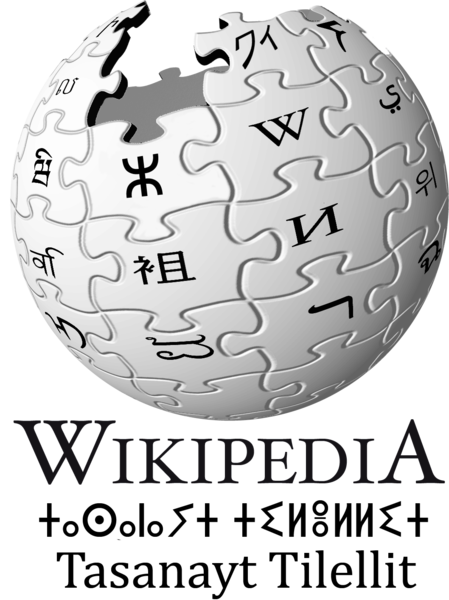Tamazight in the North African countries' institutions
This  question comes back in all cultural, political and economic debates of the North African countries. The response differs largely from one person to another and from one institution to another. Everyone has their arguments, whether patriotic, protective of the language already in place or simply afraid to try an ancient language that did not show the results in the last centuries! The question is still pending.
question comes back in all cultural, political and economic debates of the North African countries. The response differs largely from one person to another and from one institution to another. Everyone has their arguments, whether patriotic, protective of the language already in place or simply afraid to try an ancient language that did not show the results in the last centuries! The question is still pending.
In the countries of North Africa such as Algeria, Morocco, Tunisia, Libya, Niger, Mali, Mauritania, etc., Tamazight with all its dialects is widely spoken in homes and streets, but this language kept in homes and streets, why?
Is officially adopting the ancestors’ language called 'Tamazight' in the country’s institutions next to the other country’s unique language of the institutions as a threat to the country’s economy, education, security, development, tourism and wealth?
In many developed countries in the world, such as South Africa, Canada, Belgium, Ireland, Luxembourg, Spain, New Zealand, Switzerland, Singapore, etc., we find more than one official language in their countries, and it has not brought their economies and developments to their knees. So why not in the Tamazgha’s countries?
In Tamazight, we can find computer keyboards, applications, dictionaries, history books, science books, songs, poems, etc. It is simply a language with well-defined rules and sounds ready to be launched in all school and government institutions. Tamazight proudly has an older history than the Pharaohs’ (More than 13,000 years), etc. Isn’t this the power of a language and culture, already established?
One day we will know the answers
